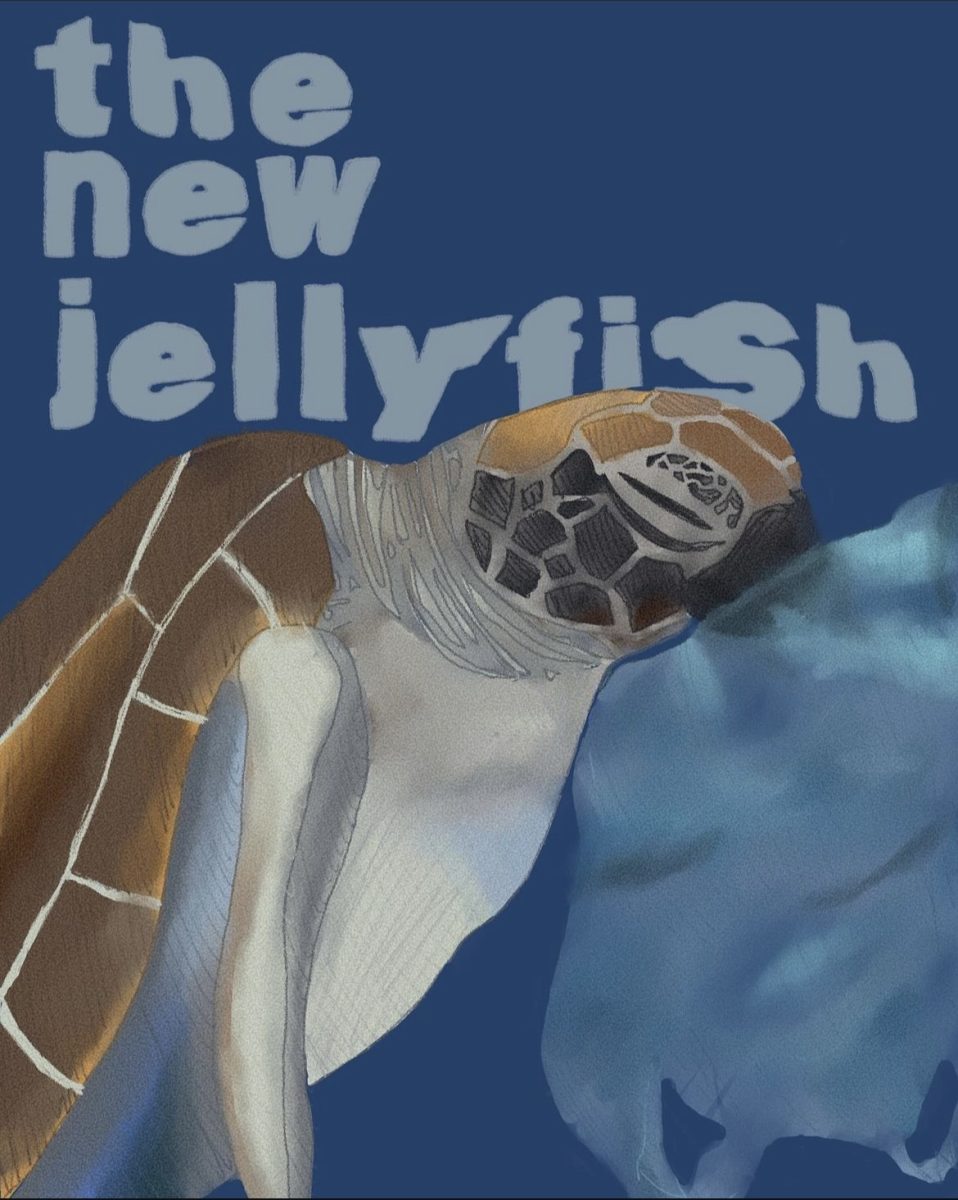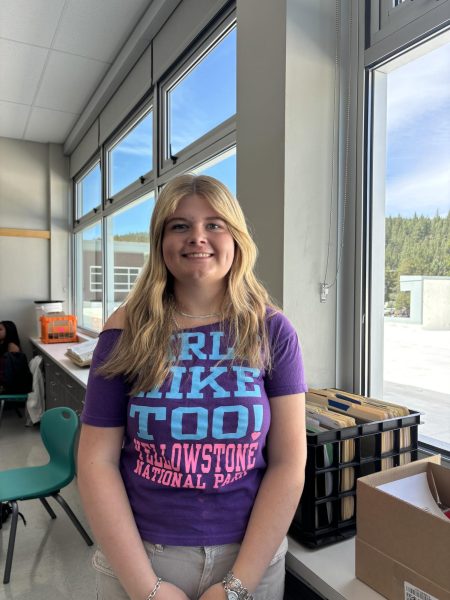The shadowy phantom resembling a jellyfish rolls along the ocean floor. It lacks tendrils, a characteristic of the typical jellyfish. A Sea Turtle grabs this figure floating aimlessly through the ocean and starts to consume it. The Sea Turtle begins to choke on this poser and struggles to breathe. It eventually passes away.
Another victim of the single-use plastic bag.
Plastic bags are a huge problem in our beautiful oceans. They are a major physical pollutant and affect oceanic wildlife immensely.
Plastic is a side effect chemical reaction produced through the process of refining crude oils into propane and gasoline. This process creates polymers that can then be combined to create plastic, which is then turned into plastic bags.
Not only are the production of plastic bags harmful to the environment through carbon emissions produced during the said process, but they also confuse Sea Turtles as they mistake them for their natural food source, Jellyfish.
Some reusable bags are just as bad when they break and are thrown away. Even though they are deemed “ reusable”, Plastic, Polyester, and other non-biodegradable bags, can break and once thrown away are just as bad for the environment.
A great way to reduce your disposable bag intake, yet prevent any additional plastics from entering the ocean, is to use cotton or natural material reusable bags.
These bags are reusable which saves money and the environment, but they are also very durable and when they eventually break, are easy to mend. But if the bag is beyond repair and needs to be thrown away, it is biodegradable and will not harm the environment.
Some great brands that are affordable yet made of environmentally friendly materials are; Juvale: reusable canvas tote bags, Bulk Hemp Warehouse: Hemp tote bag, and, Jairestone Store: reusable Fisherman’s Net Shopping Bag.
Next time you are asked by the cashier, “10 cents for a plastic bag?” Think about the sea turtles.


